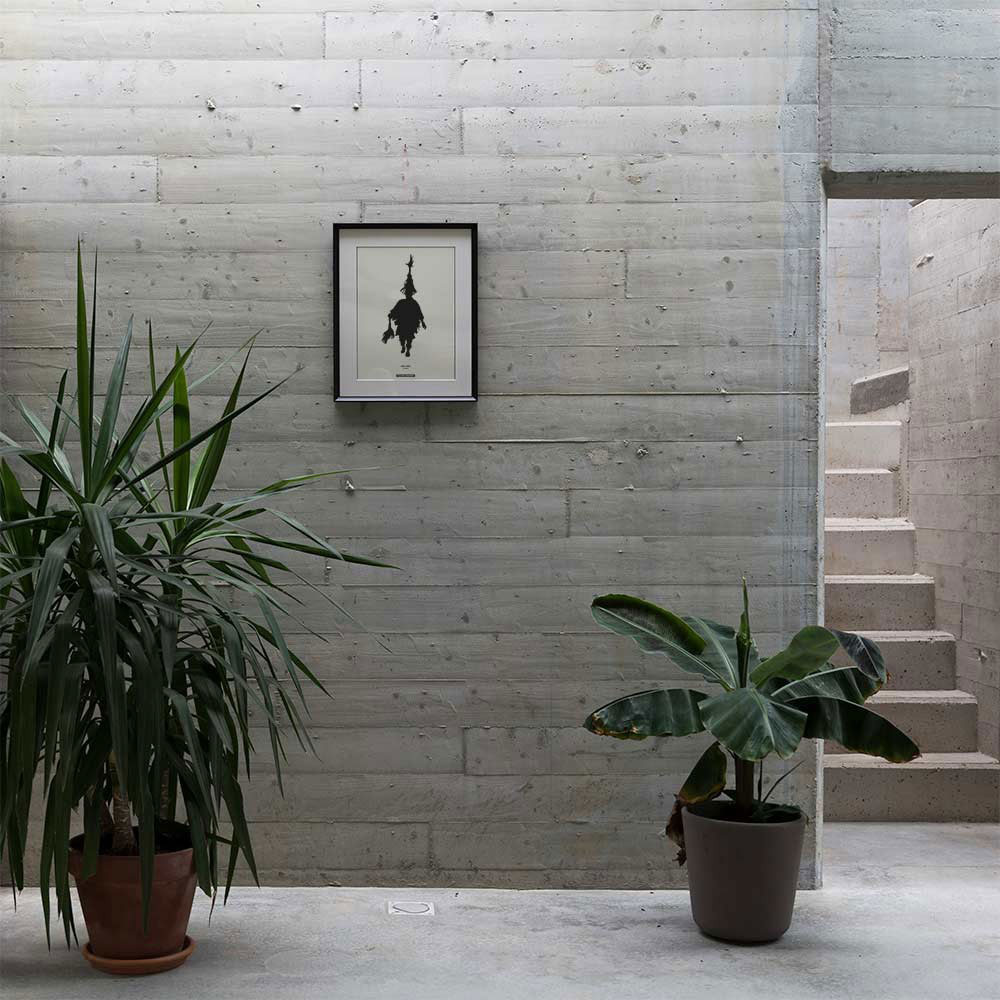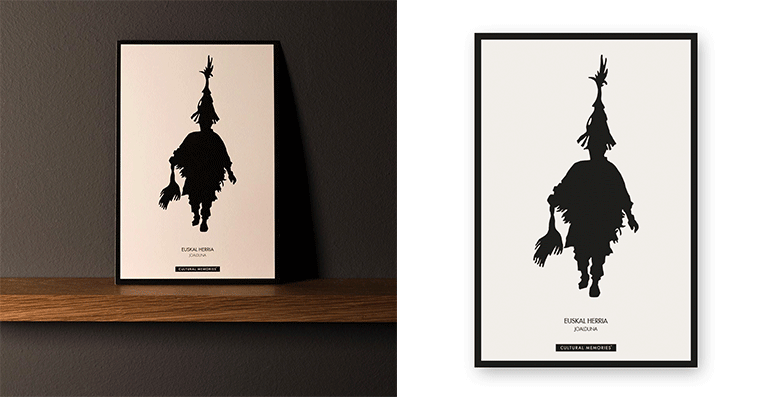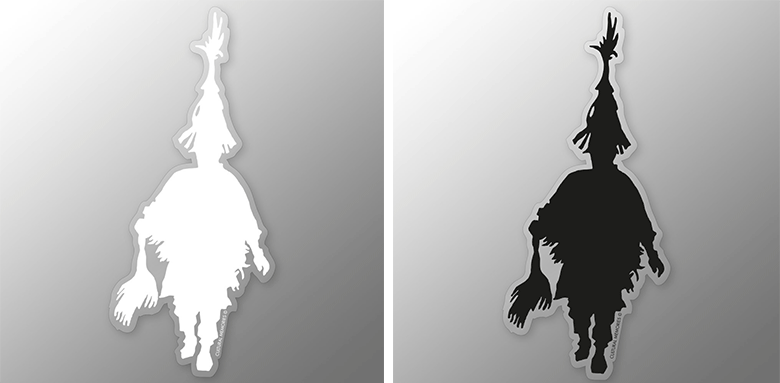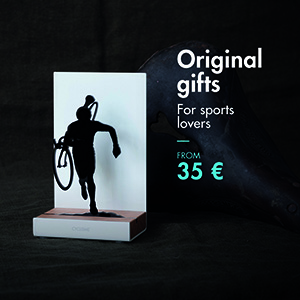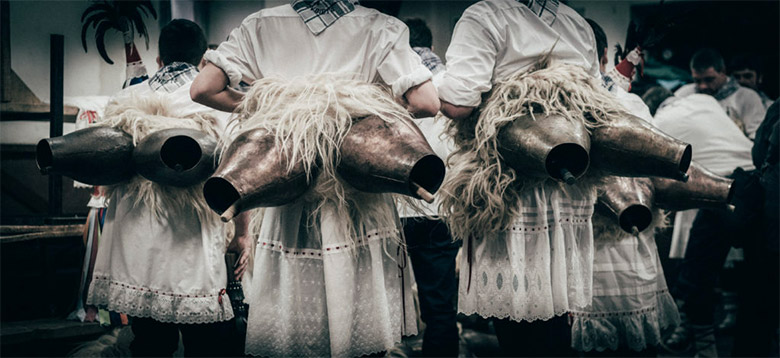
The Ituren and Zubieta Carnival
The Carnival is a creative and joyful celebration in which two seemingly contradictory concepts fuse together: the global/universal and the local/individual. It is universal because it takes place during what is considered winter time in various places around the occidental world, and it precedes the emotive and drawn back nature of days during the Holy Week, as well as the lively upcoming Spring. It is simultaneously local because the Carnival itself is an exclusive expression bound to the folkloric climate of a specific region.
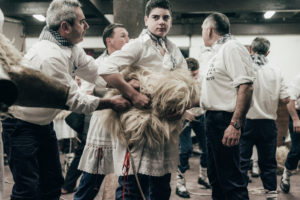
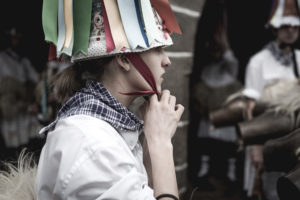
Basque Carnival Troupe
The universal gestures and expressions comprise: the mask, the music, the grotesque, the collective festive spirit… and within our Basque culture, a great deal of peculiarities which each town or city stage and represent in their own particular way. Within our calendar of popular festivities, the most extraordinary ones are those in the north of Navarra de Iturren / Zubieta in Alto Bidasoa / Malarreka and their carnival troupe of Joaldunaks in fraternal relation with others- the troupes from one town parade in another town, and the next day the roles reverse. It is during the cusp of winter, the last week of January, that we can hear the ancestral and eerie sounds of joareak (cowbell) being struck in unison, symbolically and loudly banishing the obstinate and crude gusts of winter wind from the green valleys and villages in the north of Navarra.
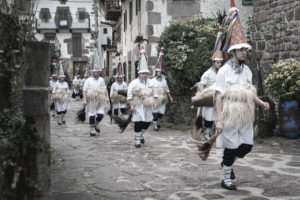
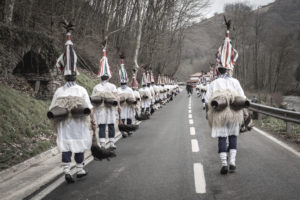
Representative Character, Joalduna
Our silhouette JOALDUNA which delineates this representative character outlines its particular attire in which the following details stand out: a tall cone shaped hat topped with feathers and ribbons, as well as a handheld sort of horsewhip.
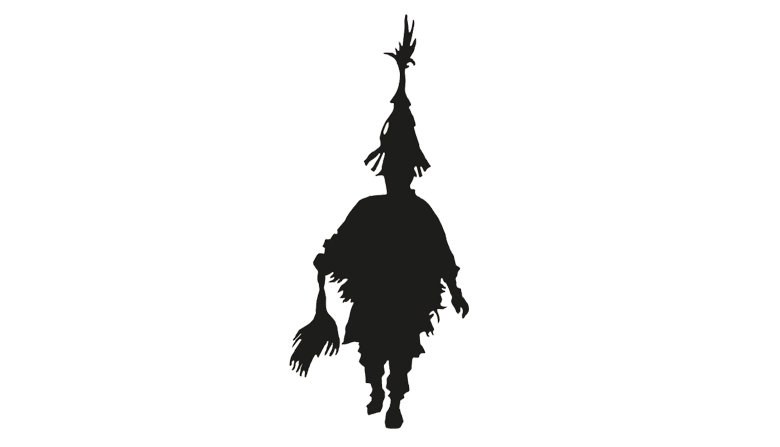
The rest of the attire of this character is comprised by a sheepskin vest, a shirt, sash and handkerchief, as well as the cowbells attached to the waist which are to be used as a percussion utensil. All of this makes for an undeniable, corpulent and voluminous figure.
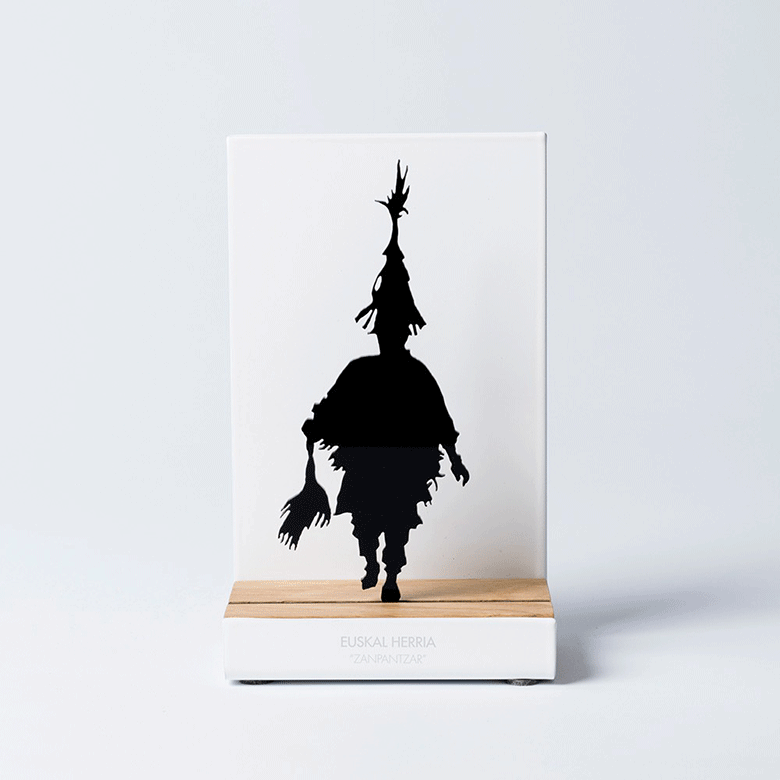
Other products with our JOALDUNA silhouette applied:
